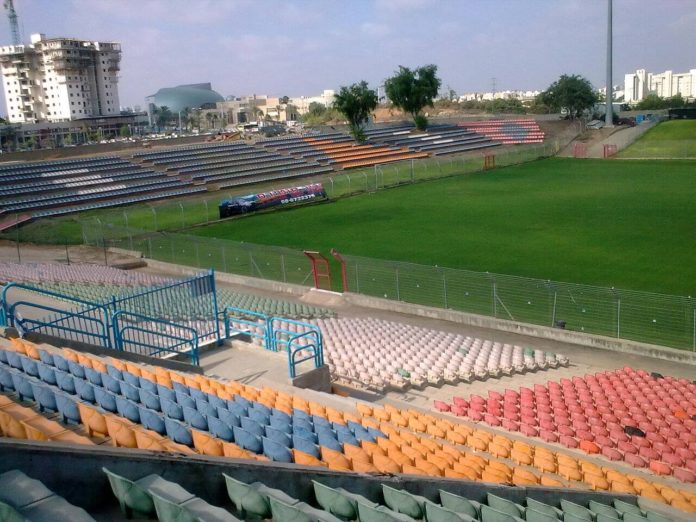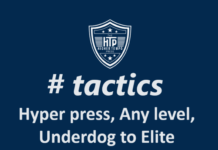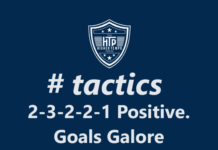
Excitement: beginning the process of choosing a club is like watching the opening credits while settling into your cinema seat. Beginning of a new story; opening of a new world, even.
But also anxiety: make a bad choice and the story will fail to take off ─ or come to an early end. The anxiety made worse by the clunkiness of FM technology at this stage of the game: there’s no spreadsheet to enable quick comparisons between clubs. Warning: laborious clicking required.
The first decision: which league? I use two criteria. First, size of league. Much though I like lower league football in England ─ I regularly watch Peterborough, Stevenage, and Cambridge ─ on FM the 46-match season seems interminable. With a smaller league, everything ─ transfers, contract decisions, and so on ─ comes round sooner, making the game more zappy.
The second criterion: FM appeals ─ like, say, sudoku ─ to the logical part of the mind, but it appeals too to imaginative and emotional parts. I never really got into managing FC Minsk, because Belarus has little association for me. Aris Salonica, in contrast, evoked memories of sitting on the waterfront, drinking Greek wine. If a match didn’t go so well, I figured I could always dive into some obscure decent taverna and drown my sorrows in ouzo.
After making my selection, I always add another league with an earlier start date. If, for example, I’m going to manage a Greek club, I add the Bulgarian league: the earlier start date buys me a couple of weeks for making decisions before having to dive into the pre-season business of training and playing friendlies.
The second decision: which club? For this I apply a protocol:
1. Eliminate all clubs with finances that are less than ‘OK’. Especially given FM’s Orwellian way with a language. Just as a ‘decent’ signing usually means ‘woeful’, so ‘okay’ finances can turn out to mean ‘ropey’.
2. Shortlist clubs with a low expectation. For example, if the target is to fight bravely against relegation, you’re less likely to get sacked early doors. I’m nothing if not cautious ─ but I also enjoy a backs-against-the-wall battle.
3. From the shortlist, prioritise the clubs that facilitate player development, so you don’t have to be forever throwing money at the transfer market. One criterion here is, how good are the training facilities? A second is, how extensive is the backroom staff? This is where the laborious clicking comes to the fore. When I select ‘view squad’, it’s rarely because I want actually to view the squad: instead it’s because I can then click on ‘Staff’ and try to gauge how many people I can appoint to contribute – as coaches, assistant manager, and perhaps reserves manager ─ to first-team training.
Though backroom staff allowance isn’t the most glamorous consideration, for me it’s right up there. A sizeable allowance permits specialisation. A good backroom team adds value from the outset. More ─ in fact, much more ─ on backroom staff, such a neglected topic ─ in subsequent posts.
For me, then, it’s Hapoel Ashkelon FC in the Israeli Premier League. Ashkelon is a coastal city: I can look out across the eastern Mediterranean towards scenes of happy memories in the parallel universes of FM14, FM 15, and FM 16: Aris, Zakynthos (in the Ionian Sea), and the Cretan clubs of Episkopi and Kissamikos. Ashkelon are perfect: they have sound finances; they’re predicted to finish bottom; the expectation is to fight bravely against relegation; and I’m allowed three coaches in addition to the assistant manager. Get in!
Let’s see what happens next.






















